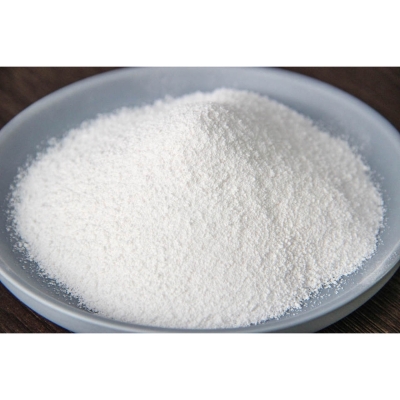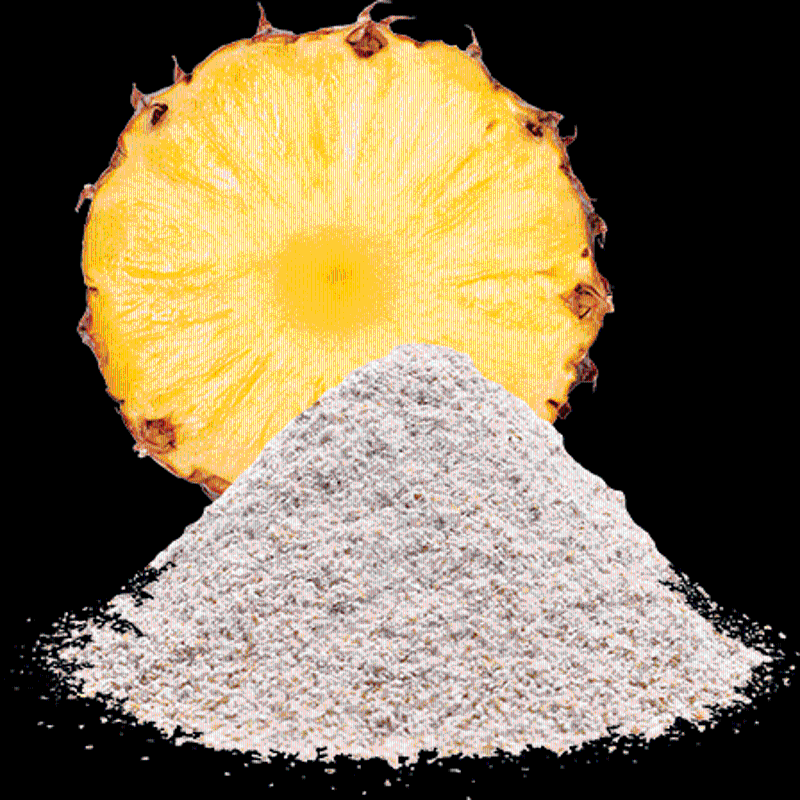-
Categories
-
Pharmaceutical Intermediates
-
Active Pharmaceutical Ingredients
-
Food Additives
- Industrial Coatings
- Agrochemicals
- Dyes and Pigments
- Surfactant
- Flavors and Fragrances
- Chemical Reagents
- Catalyst and Auxiliary
- Natural Products
- Inorganic Chemistry
-
Organic Chemistry
-
Biochemical Engineering
- Analytical Chemistry
-
Cosmetic Ingredient
- Water Treatment Chemical
-
Pharmaceutical Intermediates
Promotion
ECHEMI Mall
Wholesale
Weekly Price
Exhibition
News
-
Trade Service
Ma Guansheng, School of Public Health, Peking University
With the increasing emphasis on healthy eating, fruit juice has become a healthy diet in the minds of many consumers
Drink freshly squeezed juice or eat fruit directly?
There is no nutritional advantage to drinking fruit juice compared to eating whole fruit, and freshly squeezed fruit juice is not a substitute for fruit
Freshly squeezed juice contains more energy, sugar, and less dietary fiber than fruit: a half-cup serving of apple slices contains 1.
In addition, eating fruit directly is of great significance for children's satiety, chewing and swallowing function training, fine motor development, and even the development of maxillofacial muscles
In addition, due to the many processing procedures and tools involved in making freshly squeezed juice, if some households have poor hygiene conditions and hygiene awareness, it may increase the chance of infection such as bacteria and parasites
Can children drink juice?
In 2017, the American Academy of Pediatrics stated in the "Guidelines for Drinking Juices for Children" that fruit juice has no nutritional benefits for children under 1 year old, and infants under 1 year old should not drink fruit juice, whether pure fruit juice or not
For children over 1 year old, the "Guide" recommends that children aged 1-3, even if they can drink pure juice, should not drink more than 120 ml per day; children aged 4-6 should not drink more than 120-180 ml per day; 7 - Children aged 18 should not drink more than 240 ml per day
Although the Dietary Guidelines for Chinese Residents (2016) does not stipulate the age for infants and young children to drink fruit juice, it puts forward clear recommendations on the feeding of infants and young children.
6 months old, feed pure food: vegetable puree, fruit puree, iron-containing formula rice flour, formula milk;
7-9 months old, fed with minced food: soft rice, minced meat, minced vegetables, eggs, fish paste, fruit, tofu, formula rice noodles;
10-12 months old, minced food: soft rice, minced meat, minced vegetables, eggs, fish, soy products, fruits
What should be paid attention to when giving juice to children?
Give your child juice from a cup rather than a bottle or portable sippy cup, because juice in a bottle or portable sippy cup is more accessible to children and more likely to be overdone
Don't drink juice before going to bed
Juice is not suitable when the body is dehydrated or has diarrhea
The juices of many fruits (eg, grapes, grapefruit, blueberries, pomegranates, apples) contain flavonoids that may reduce the bioavailability of certain drugs and the activity of various enzymes and transporters during metabolism
Therefore, although fruit juice is delicious, there are many points to pay attention to when giving fruit juice to children
"China Food News" (September 13, 2021 07 edition)
(Editor in charge: Luo Chen)







